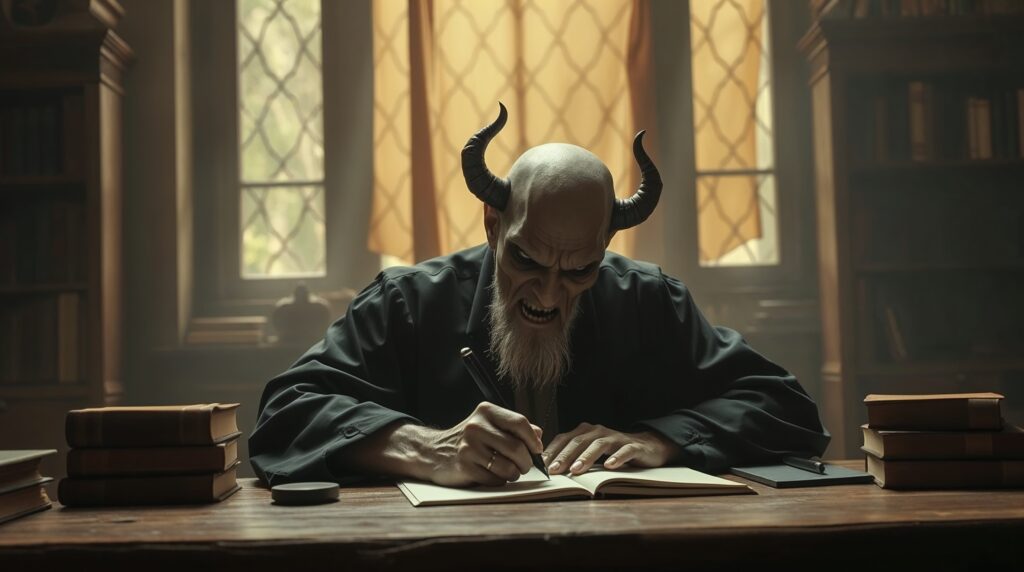
Civility, care, and the ethics of critique in academia
Here are some (lightly edited, anonymous) highlights from some recent peer review reports I received on submissions to Q1 journals.
“a rather basic, limited and under-referenced overview”
“I do not see how it contributes any original scholarship to the field”
“The claim that [XYZ] is nonsense.”
… and these weren’t even from Reviewer 2!
Perhaps more distressingly, the following quote from an editor:
“The paper might be interesting but is not well prepared, and not technically accurate or insightful, as revealed in biting commentary from the best of two reviews”
The editor tries to be encouraging while also defending the same “biting commentary”:
“Authors may take advantage of these excellent and insightful review comments, and possibly compose a new paper for a possible future submission”
You may be thinking “Suck it up, snowflake.”
Sorry but no.
I’ve had harsh reviews before. I’ve written harsh reviews before. But you never call someone’s work ‘nonsense.’ You never call someone’s work ‘unoriginal’ or ‘basic’, even if you may think it. You certainly never do so without providing any suggestions as to how to redress these critiques, as these reviewers neglected to do.
I might take about half an hour to write a blog post. Maybe up to a day or so if it’s a bit longer, needs some referencing, editing or proofing etc. I don’t really care if people don’t read or don’t like this work. It’s mainly for myself. However, the articles that these comments received took between four and twelve months to write: you expect some level of engagement and at least basic common human courtesy in how responses are framed.
Reviewers: don’t be a dick.
Editors: shield contributors from harsh reviews.
Academia is intimidating and gatekept enough without this actual nonsense.

